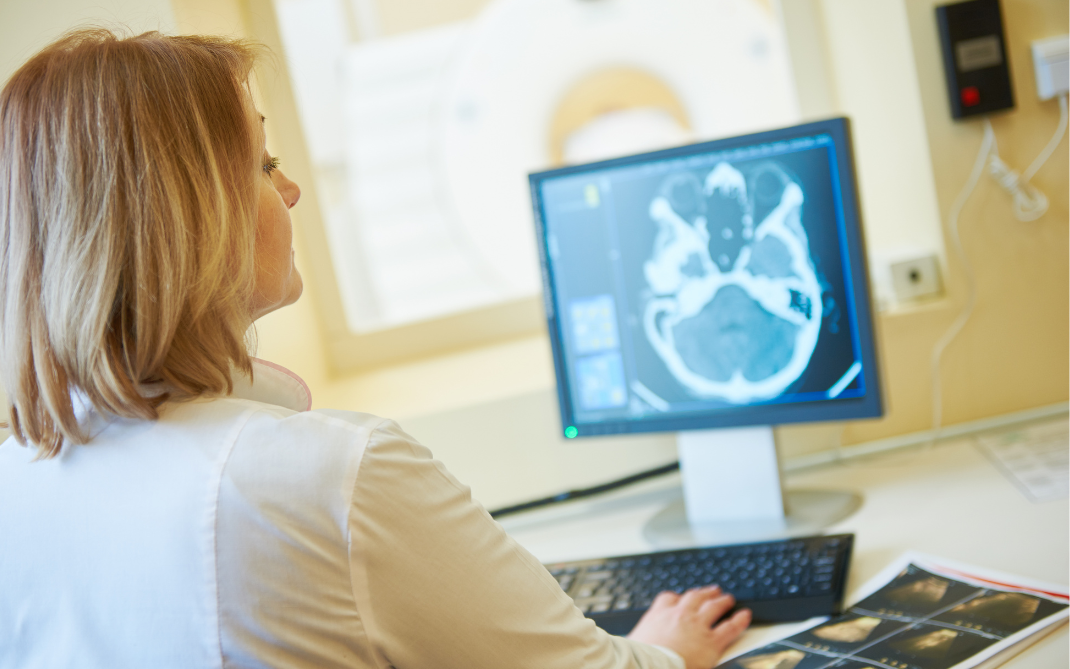The Medical Expert in Personalization of Medicine is the medical professional in charge of working with the use of various techniques and technologies for the individualized treatment of his patients. He/she will make the final decisions on the type of treatment the patient will receive and the type of personalization that will be used. For example, for the treatment of certain types of cancer, it will take into account specific genetic variants that the patient may have. In addition, it oversees that personalized treatments aid diagnostic accuracy to limit side effects as much as possible.

In 2018, the Carlos III Health Institute reported that 42% of drugs in development in the United States were being based on specific biomarkers and that in cancer-related therapies, the figure rises to 73% of treatments applied to patients. This is a clear indication of the importance of the personalization of medical procedures and how they are now being promoted. According to Grand View Research, the personalized medicine market will reach 922 billion by 2030, up from 539 billion in 2022. Since the beginnings of the concept of medical personalization, there have been initiatives that help to promote it in different areas, such as those of the Fundación Instituto Roche, institution dedicated to the research and development of personalized medicine. In Spain, the budget for the National Health System has been increased in order to carry out different investments and projects, and the demand for this type of expertise is expected to grow.
Advances in different technologies are revolutionizing the health sector, bringing the possibility of medical personalization to reality. Personalized medicine consists of tailoring a patient's treatment, mainly taking into account his or her medical conditions and characteristics. Its objective is to obtain the best results with the treatment applied, without generating side effects. The way to obtain this personalization is by integrating conventional medicine techniques with advances in technologies such as Artificial Intelligence, Big Data, Genomics, Genetic Engineering and Synthetic Biology, among others. This makes it possible to obtain as much information as possible about both the disease and the patient, as well as possible treatments. For example, the Niño Jesús Hospital in Madrid is leading research to treat childhood leukemia through the creation of a digital twin. What they intend to achieve is a personalized simulator of treatment and diagnosis that will foresee, in an individualized way, the risk of applying such treatment in that particular patient, and will decrease experimentation with him.
If you are thinking about what to study, do not hesitate and discover with Singularity Experts, which high school, vocational training, university degree and job with high employability best fits your abilities and interests.
